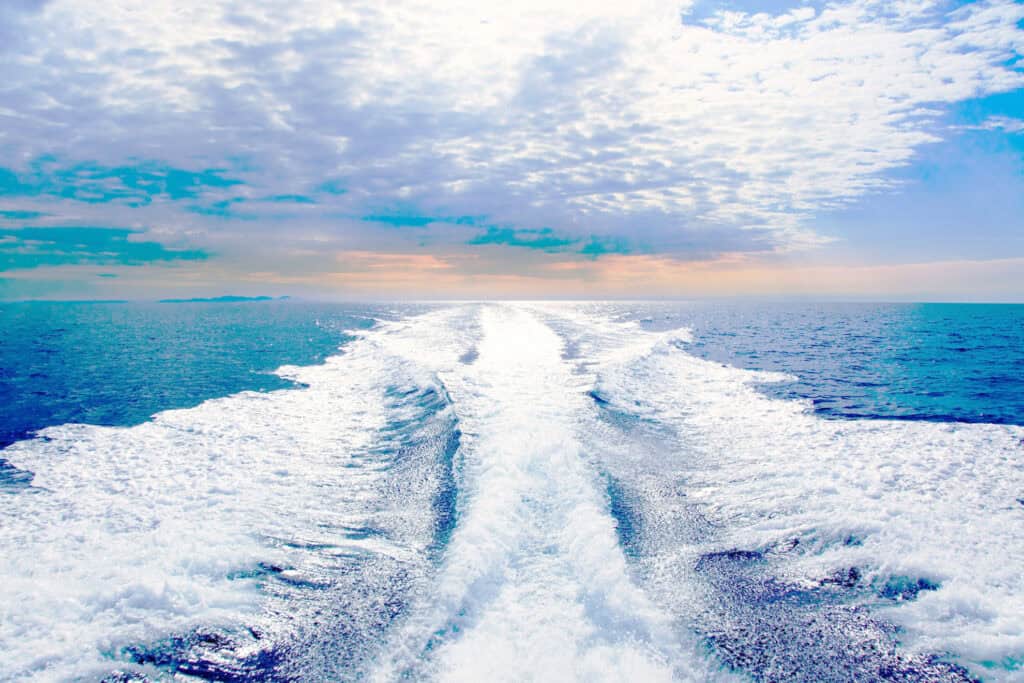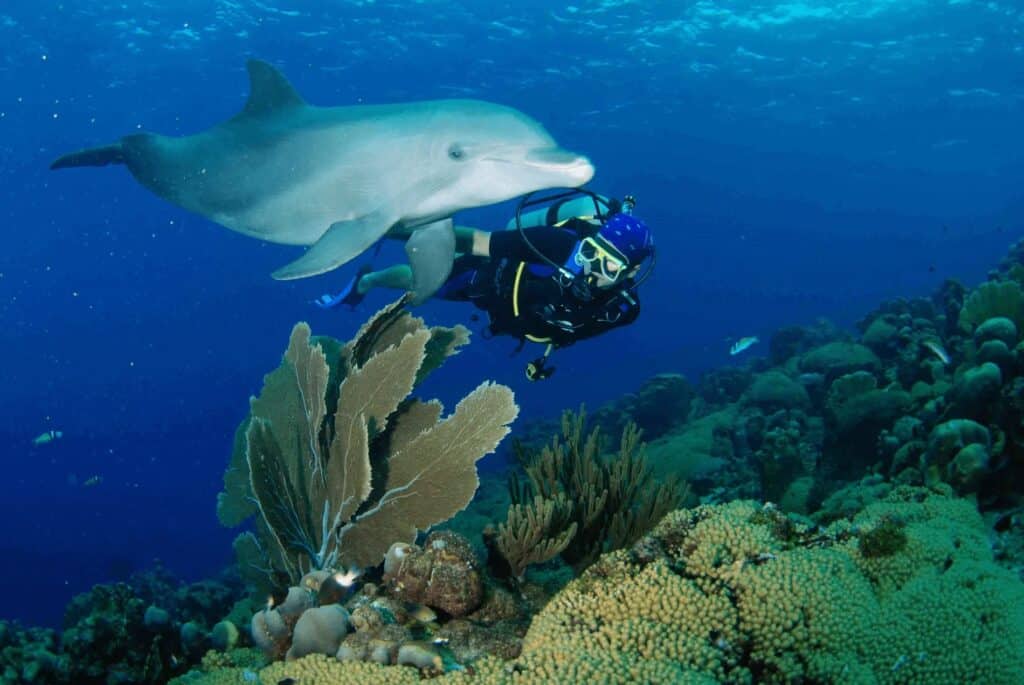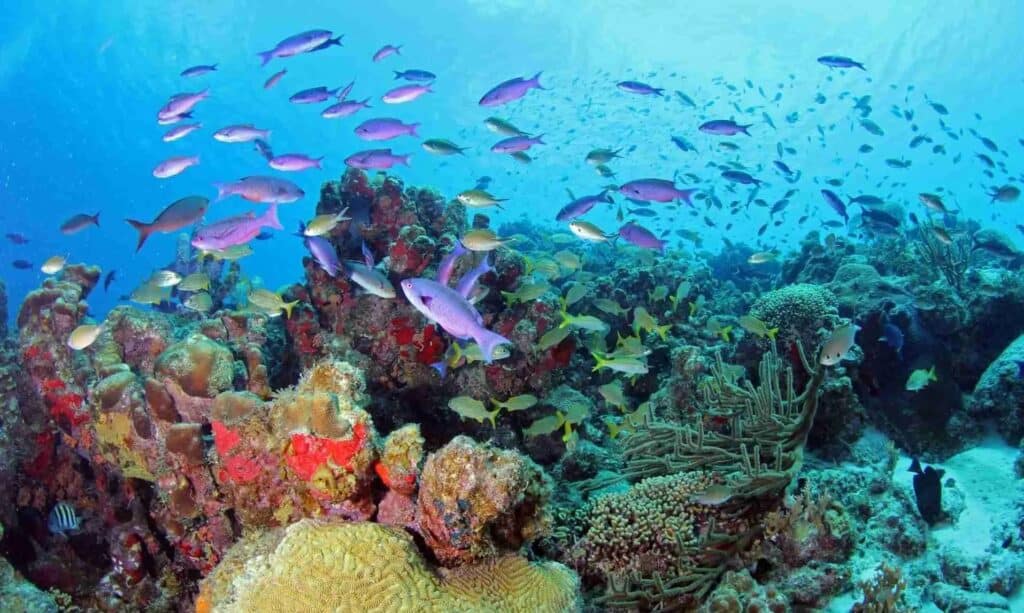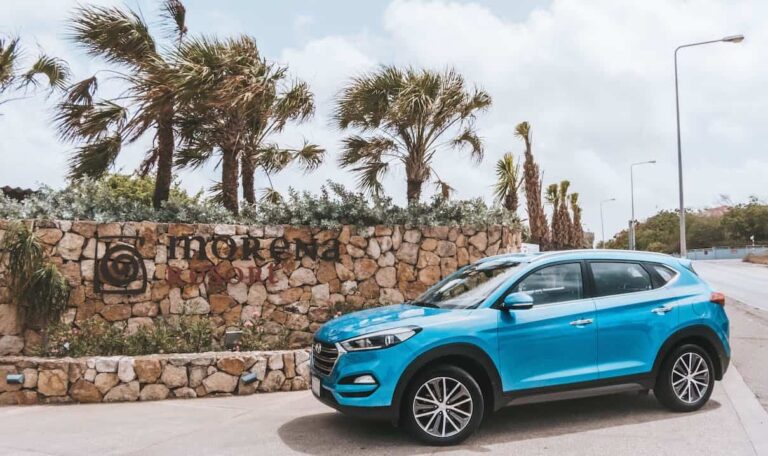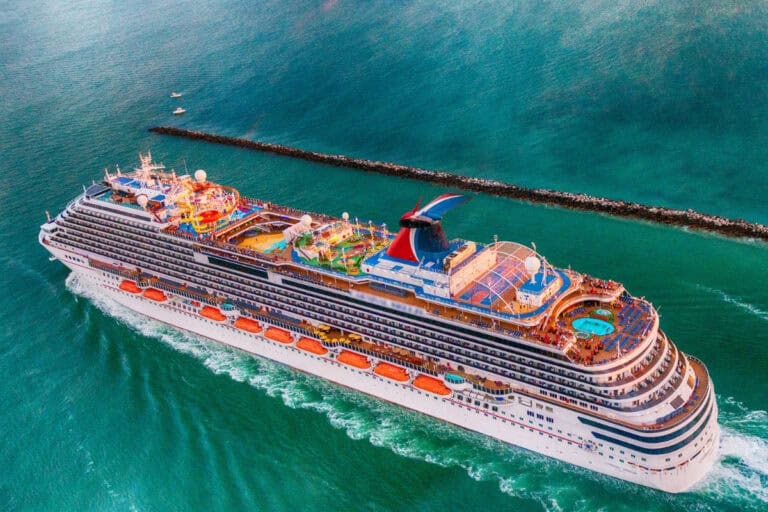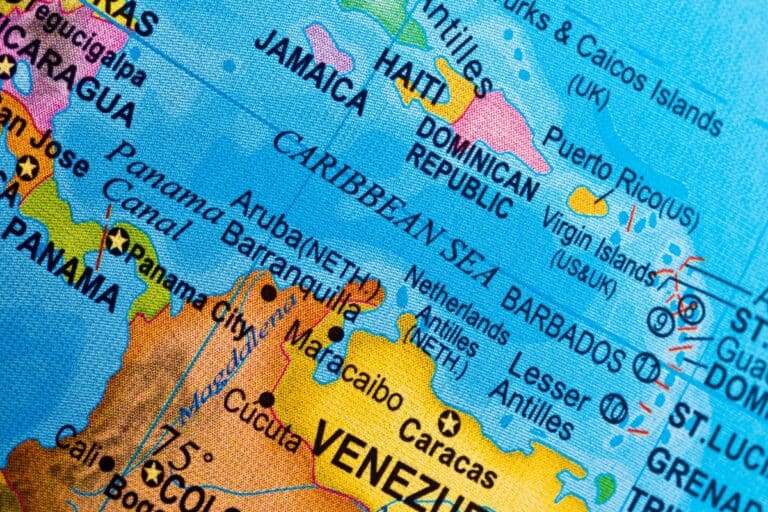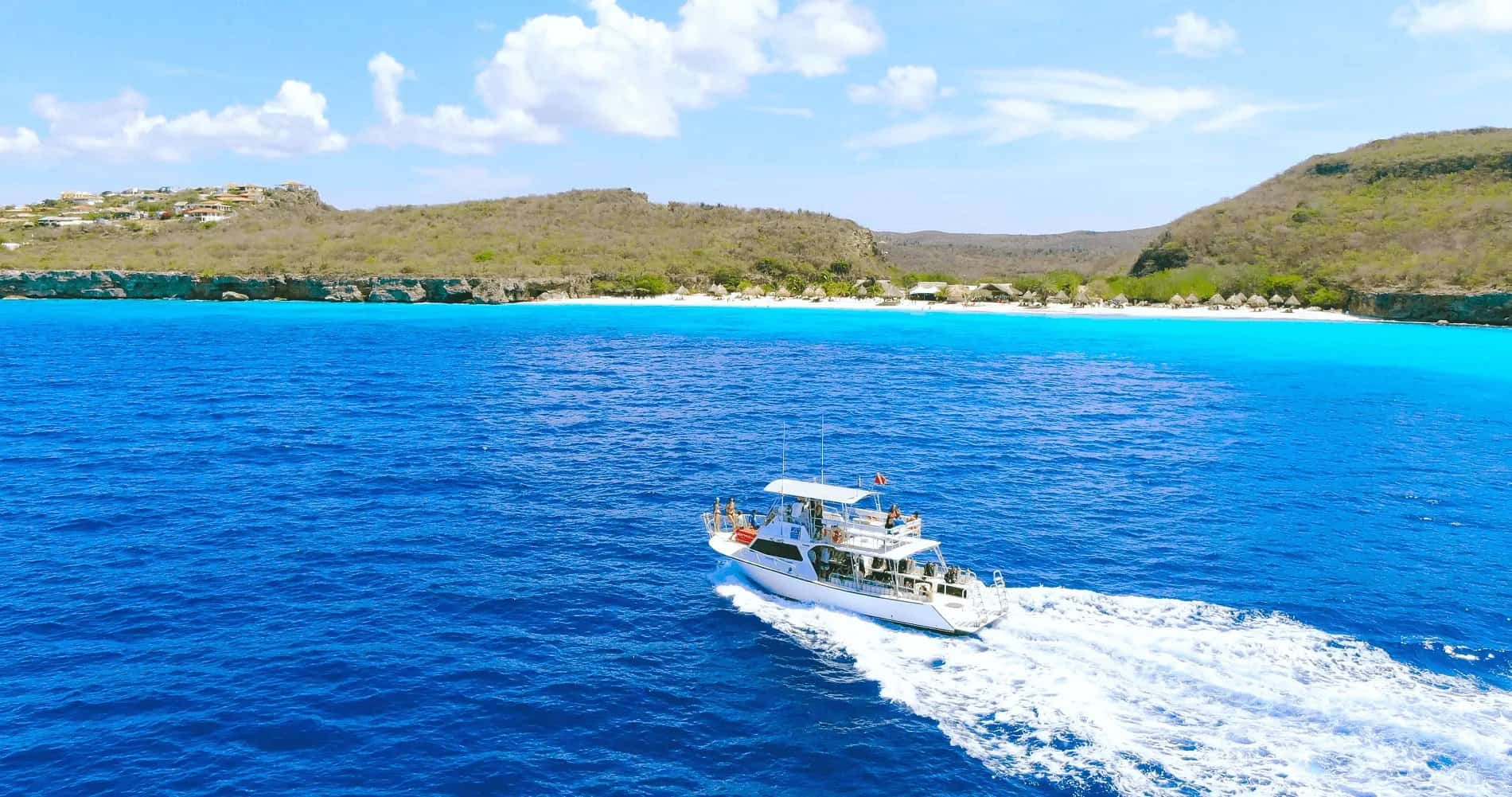
Are there any dangerous animals or insects in Curaçao?
Are there any dangerous animals or insects in Curaçao?
When planning your Caribbean getaway, you might wonder what creatures you should watch out for on this beautiful island paradise.
What you need to know about island wildlife
Curaçao is remarkably safe when it comes to dangerous wildlife. Unlike some tropical destinations, you won’t encounter large predators or aggressive wild animals on land. The island’s most notable terrestrial species include harmless iguanas, the indigenous Curaçao White-tailed deer, and occasional wild pigs in rural areas. While you might spot small snakes, most are completely harmless, though rare pit vipers exist in remote areas of Christoffel National Park. These snakes are shy and encounters are extremely uncommon.
In the water, the Caribbean Sea surrounding Curaçao hosts diverse marine life including reef sharks and Moray Eels, but these creatures are generally non-aggressive toward humans during snorkeling and scuba diving. The occasional Portuguese man-of-war may drift near beaches, so always check with local authorities before swimming. Insects pose minimal risk, though standard precautions against mosquitoes are wise. The island’s Medical Facilities are well-equipped to handle minor stings or bites, and the Decompression Chamber serves diving emergencies. Overall, Curaçao offers a safe environment where respecting wildlife and following basic safety guidelines ensures worry-free exploration of its stunning coral reefs and natural beauty.

Luxury car rentals in Curaçao
Experience transparent pricing and exceptional service with Rent Car Curaçao. Choose from luxury vehicles elevate your Curaçao adventure.
Understanding risks and staying safe during your visit
While Curaçao presents minimal wildlife dangers, knowing what to watch for and how to prepare ensures you can fully enjoy your island adventure with confidence and peace of mind.
Venomous species you might encounter
The island hosts a few venomous fish including scorpionfish and lionfish near coral reefs, though encounters are rare if you avoid touching underwater surfaces. On land, coral snakes exist but are exceptionally uncommon and non-aggressive. Unlike regions with black widow spiders or brown recluse spiders, Curaçao has no significant spider threats. Banana spiders occasionally appear in gardens but are harmless. The Centruroides noxius scorpion is not present on the island. You may see large blue iguanas basking in sunny spots, but these gentle reptiles pose no danger and are actually a protected indigenous species you can safely photograph from a respectful distance.
Marine safety and reef protection
When exploring dive sites around the Dutch Caribbean, choose certified operators through your dive shop that practice sustainable diving and support coral reef restoration efforts. Organizations like Diving for a Purpose conduct coral reef monitoring to combat coral bleaching and marine pollution. Always use proper snorkeling gear and carry a Surface Marker Buoy for visibility. Marine Protected Areas around the island enforce sustainable fishing regulations that help preserve delicate ecosystems. The Curaçao Tourist Board promotes sustainable tourism practices including respecting sea turtles and avoiding contact with Caribbean fish species.
Health precautions and travel requirements
Before traveling to this Kingdom of The Netherlands territory, check current entry requirements with your consulate. While yellow fever vaccination isn’t required for most visitors, hepatitis A immunization is recommended. Secure comprehensive travel insurance that covers medical evacuation in case of serious emergencies. Currency transactions use the Antillean Guilder, though US dollars are widely accepted. Upon arrival at Hato International Airport, you can access information about medical facilities throughout the island. The modern healthcare system handles everything from minor bee sting reactions to diving-related incidents requiring the specialized decompression chamber.
Navigation and local conditions
When driving, follow road signs carefully and consult local authorities for weather forecast updates, especially during hurricane season. Natural disasters are infrequent, but the island maintains low risk level protocols. Petty crime exists as in any destination, so practice standard safety and security measures in tourist areas. Parks like Shete Boka National Park and remote Klein Curaçao require extra caution due to rough terrain and strong ocean currents.
Wildlife conservation and responsible tourism
Support local organizations including Sea Turtle Conservation Curaçao, Rescue Paws Curaçao, and the Curaçao Animal Rights Foundation that protect the island’s biodiversity. Visit the Donkey Sanctuary, Bubali Bird Sanctuary, or Aruba Ostrich Farm on nearby islands for educational experiences. These initiatives help maintain the balance that makes Curaçao truly One Happy Island. Browse vacation deals through CuracaoTodo.com to find eco-friendly activities and water sports operators committed to preserving the natural environment for future generations.
Are there any dangerous animals or insects in Curaçao? - FAQ
What activities should I book through CuracaoTodo to safely experience the island's wildlife?
CuracaoTodo offers curated vacation deals that connect you with certified operators for water sports like jet skiing, paddleboarding, and guided snorkeling tours where you can safely observe sea turtles and tropical fish. The platform’s filtering system helps you compare providers committed to sustainable tourism practices, ensuring your adventures respect protected marine ecosystems. Browse options for Christoffel National Park hiking tours where guides share knowledge about harmless native species, or book catamaran trips to Klein Curaçao with experienced crews who prioritize both safety and environmental conservation throughout your wildlife encounters.
How can I support animal conservation efforts during my visit?
Support organizations like Sea Turtle Conservation Curaçao, which monitors nesting sites and rehabilitates injured turtles, or visit Rescue Paws Curaçao that cares for abandoned dogs and cats across the island. The Curaçao Animal Rights Foundation works to improve welfare standards for all animals, while the Donkey Sanctuary provides a home for rescued donkeys you can visit and support through donations or adoptions. Many eco-tourism operators partner with these organizations, and booking through platforms like CuracaoTodo helps identify businesses that contribute to conservation initiatives and practice responsible wildlife tourism throughout their operations.
Are there dangerous spiders or scorpions I should worry about?
Unlike regions with black widow spiders, brown recluse spiders, or the venomous Centruroides noxius scorpion, Curaçao hosts no medically significant arachnids. You might occasionally see banana spiders in gardens or wooded areas, but these large, colorful spiders are completely harmless to humans despite their intimidating appearance. The island’s tropical climate does support various small spider species that help control insect populations, but none pose health risks. Standard precautions like checking shoes before wearing them and shaking out towels left outdoors are sufficient. The absence of dangerous arachnids makes Curaçao remarkably safe compared to many other Caribbean destinations.
What snake species exist on the island and should I be concerned?
Curaçao hosts several harmless snakes including small racers and blind snakes that pose zero threat to humans and actually benefit ecosystems by controlling rodent populations. The rare coral snakes exist in remote wilderness areas but are exceptionally uncommon, non-aggressive, and avoid human contact. Unlike some Caribbean islands, Curaçao has no large constrictors or aggressive species. The extremely shy pit vipers inhabit only the most isolated sections of national parks and sightings are extraordinarily rare even among local wildlife experts. If you encounter any snake, simply give it space and it will retreat—bites are virtually unheard of among tourists following standard trail etiquette.
What land animals might I see in Christoffel National Park?
Christoffel National Park provides habitat for the indigenous Curaçao White-tailed deer, a smaller subspecies found nowhere else on earth, along with wild pigs that roam the park’s remote valleys and hillsides. The impressive blue iguana, actually varying from bright blue to gray depending on temperature and mood, frequently basks on sun-warmed rocks along hiking trails. These gentle reptiles are an indigenous animal species protected throughout the island and make excellent photo subjects when observed respectfully from a few meters away. Bird enthusiasts will spot numerous species, while smaller mammals like rabbits occasionally appear during early morning hikes through this diverse protected wilderness.
Are reef sharks and moray eels dangerous during water activities?
The reef sharks around Curaçao, primarily Caribbean reef sharks and nurse sharks, are generally non-aggressive and more curious than threatening during snorkeling and diving excursions. Moray eels hide in coral crevices and only bite defensively if threatened, so never reach into reef holes or gaps. These misunderstood creatures are actually quite shy and retreat when approached. When participating in water sports through certified operators found on CuracaoTodo, guides provide proper briefings about respectful wildlife observation. Maintaining appropriate distance from all marine life and avoiding sudden movements ensures safe encounters. Thousands of visitors safely swim, snorkel, and dive alongside these fascinating predators throughout the year without incident.
What should I know about the Portuguese man-of-war?
The Portuguese man-of-war, though rare in Curaçao’s waters, occasionally drifts near beaches during certain wind and current conditions, delivering painful stings through long tentacles. Check beach conditions with local authorities or hotel staff before swimming, especially after storms that may push these creatures closer to shore. If stung, rinse the area with seawater (never freshwater), remove tentacle fragments carefully without rubbing, and seek assistance at nearby medical facilities. The island’s healthcare system effectively treats bee sting-like reactions and more severe cases. Unlike jellyfish, the Portuguese man-of-war is actually a colonial organism, and education about identification helps beachgoers avoid contact with these distinctive blue-purple floating creatures.
How does CuracaoTodo help me find safe adventure activities?
CuracaoTodo’s comprehensive platform allows you to filter water sports providers by safety certifications, customer reviews, and included services like professional guides and quality equipment. Whether booking scuba diving expeditions to protected coral reefs, jet skiing adventures along the coast, or catamaran trips to remote locations, the platform connects you with operators following international safety standards and sustainable tourism practices. Detailed activity descriptions specify skill requirements, age restrictions, and safety protocols so you choose appropriate experiences. The comparison features let you evaluate which providers offer insurance coverage, certified instructors, and emergency procedures—essential factors when exploring marine life and participating in adventurous excursions throughout this beautiful island.
What makes Curaçao "One Happy Island" regarding safety?
Curaçao’s nickname One Happy Island reflects not only its friendly culture but also its remarkably safe environment with minimal dangerous wildlife compared to other tropical destinations. The island maintains low risk level protocols through well-equipped medical facilities, accessible local authorities, and clear road signs throughout developed areas. While standard precautions against petty crime apply in tourist zones, visitors rarely encounter serious safety and security issues. The Curaçao Tourist Board actively promotes responsible tourism that protects both visitors and ecosystems, while Natural Disasters remain infrequent as the island sits outside the main hurricane belt. This combination of minimal wildlife threats and excellent infrastructure creates genuinely worry-free vacation experiences.
Should I visit attractions like Bubali Bird Sanctuary or Aruba Ostrich Farm?
While Bubali Bird Sanctuary and Aruba Ostrich Farm are actually located on neighboring Aruba rather than Curaçao, the islands share similar commitment to wildlife protection and educational tourism experiences. On Curaçao itself, you’ll find comparable attractions like the Donkey Sanctuary where rescued donkeys receive care, and various initiatives through organizations working on coral reef restoration and marine conservation. The Travel Guide resources on CuracaoTodo help clarify which attractions are located on which island within the Dutch Caribbean, while also connecting you with Curaçao-specific wildlife experiences, nature parks, and conservation projects where you can interact safely with local fauna and support important environmental preservation efforts.
Discover the Wonders
of Klein Curaçao
Experience the untouched beauty of Klein Curaçao, a hidden paradise with stunning beaches and rich marine life. Perfect for snorkeling, diving, or simply relaxing in the sun.
Popular subjects
Luxury car rentals in Curaçao
Experience transparent pricing and exceptional service with Rent Car Curaçao. Choose from luxury vehicles elevate your Curaçao adventure.
Subscribe to our newletter
Discover the Wonders of Klein Curaçao
Experience the untouched beauty of Klein Curaçao, a hidden paradise with stunning beaches and rich marine life. Perfect for snorkeling, diving, or simply relaxing in the sun.

